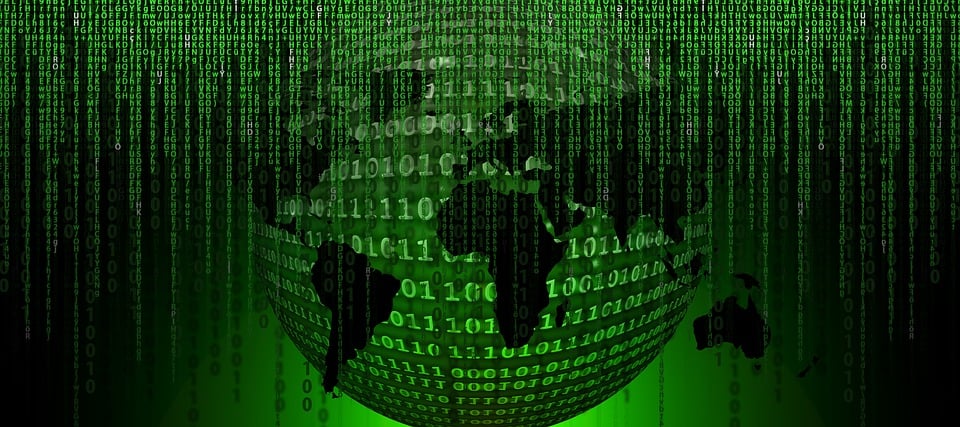What is the best way to protect my PC from viruses?
Whether shopping, banking, playing games or even meeting friends – everyday life increasingly takes place on the internet. Only rarely do people question the links, files or even the contents of USB sticks they receive.
But this is precisely where the danger of catching a computer virus lurks. This can cause data loss, slower reaction times and, in the worst case, a total breakdown of the computer. It is not uncommon for criminals to demand a ransom to restore the data. What is the best way to protect yourself from this scenario?
Image: Personal data such as credit card number, passwords, place of residence and mail addresses are tapped by installing malware and sold on the Darknet.

Take precautions
Especially with older programme versions, existing security gaps are used to place malware. So don’t just keep your Windows and MacOS operating systems up to date. Also update your browsers and use the automatic updates of your certified anti-virus programmes.
This detects malware and blocks it before it enters the system. No matter what software you use – have incoming and outgoing network traffic monitored by a personal firewall. This way you can proactively protect yourself from computer viruses and third-party use. MacOS also has built-in security features, especially for the Apple App Store and for not using Flash and Java.
In addition, various add-ons offer malware scanners and other additional functions. Encryption of personal data with the help of a free VPN increases malware protection.
Be careful!
The majority of viruses are sent via so-called phishing mails. These are cleverly forged and usually imitate a known email address. They have a link or attachment that is supposed to be opened. Instead of the supposed document, the virus is downloaded with a click and infects the computer within seconds. In most cases, the perpetrators can be recognised by clicking on the e-mail address used or by visiting their profile. Fake accounts should be reported to the operator immediately.
Increasingly, criminals also rely on spreading malware through social networks and SMS disguised as a package message. In addition, do not just plug any USB stick into your laptop. These are popular ways to spread malware quickly and easily.
You should only install programmes and apps that you really need and pay attention to the security of the download website. Programs for converting files and media players are particularly vulnerable.
As a general rule, surf the Internet with a healthy dose of suspicion. Stop for a few seconds before opening an unknown attachment or link.
A secure password works wonders
Time and again, hackers manage to obtain entire lists of passwords. In such leaks, sometimes millions of mail and password combinations are stolen. And even with the appropriate software and know-how, simple passwords can be found out in seconds.
It is best to use an individual password for each account, for each access. This should consist of 12 upper and lower case letters, special characters and numbers. The more cryptic, the better.
Password managers help to manage them securely. To increase the security level, the password should be changed at regular intervals.
Store your data externally
There is no such thing as 100 percent security against viruses, malware and Trojans. Therefore, it is advisable to store a backup of your data on an external storage medium.
More and more people are not using a physical, external hard drive for this purpose, but are using cloud services. These have the advantage that the content can be accessed at any time and from any location. However, there is also the possibility of cyber attacks. An external hard drive is located in one’s own home and can also be used without internet access.
Backups should be made regularly, depending on the relevance of the data.
Rely on different user accounts and your own network.
The malware has the same rights as the currently logged-in user. If one is logged in as an administrator, all administrative rights and possibilities are therefore also transferred to the attackers. It therefore makes sense to create a second, password-protected user account with restricted rights and to use this account for all activities on the Internet.
If you do not use the secured home network, you should definitely declare it as a guest or public network. Here you can deactivate file and printer sharing in the network settings and minimise the risk of malware entering. Because if you are in the same network with your hacker, many security mechanisms will not work.



